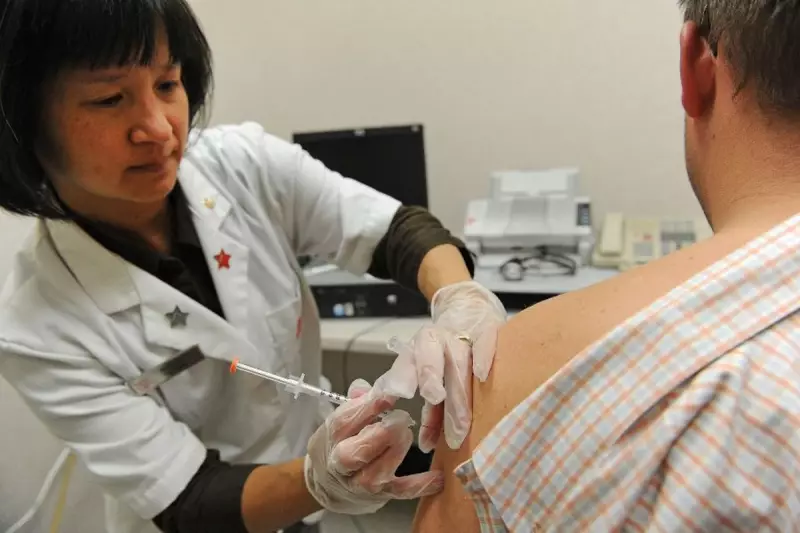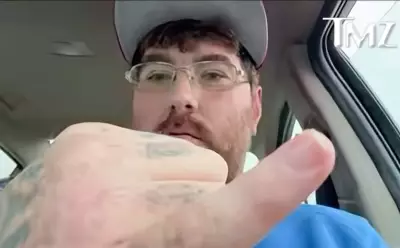
Whooping Cough Resurgence Puts Children at Risk
Health authorities across the United States are sounding the alarm as whooping cough cases surge to concerning levels. As of November 2025, the country has recorded 20,939 cases of the bacterial infection this year alone, according to recent data.
While this figure represents a slight decrease from the 21,391 cases reported during the same period in 2024, it marks a dramatic increase compared to 2023, when only 2,993 cases had been documented by this time. Texas has issued an official health alert in response to the spike in infections, with other states also reporting rising rates.
Understanding the Threat: What is Whooping Cough?
Whooping cough, formally known as pertussis, is a vaccine-preventable disease caused by the Bordetella pertussis bacterium. First identified by French researchers in 1906, the disease has been causing epidemics since at least 1578, when the first recorded outbreak occurred in Paris.
The infection triggers an acute respiratory illness characterised by severe, spasmodic coughing fits. The condition's name comes from the distinctive "whoop" sound patients make when gasping for air during intense coughing episodes.
"Some doctors call pertussis 'the 100-day cough' because symptoms can linger for weeks or even months," explains epidemiologist Annette Regan from the University of California, Los Angeles.
The World Health Organization estimates that pertussis causes approximately 24.1 million cases and 160,700 deaths annually worldwide among children under five years old. The disease is highly contagious, with 80% of unvaccinated individuals developing infection upon exposure.
Why Are Cases Increasing So Rapidly?
The current surge follows an unusual period during the COVID-19 pandemic when pertussis cases dropped significantly between 2020 and 2022, likely due to social distancing measures, mask-wearing, and school closures.
However, the rebound has been dramatic. In 2024, public health agencies reported 35,435 pertussis cases to the Centers for Disease Control and Prevention – a rate five times higher than the 7,063 cases reported in 2023 and nearly double the 18,617 cases recorded in 2019 before the pandemic.
Tragically, between October 2024 and April 2025, at least four people in the US have died from pertussis: two infants, one school-age child, and one adult.
Several factors contribute to the resurgence:
- Natural cycles: Pertussis typically peaks every two to five years, and the US may be entering one of these epidemic periods
- Vaccine changes: The switch from whole-cell to partial-cell vaccines in the 1990s may provide shorter-lasting protection
- Declining vaccination rates: Kindergarten vaccination coverage has dropped from 95% in 2019-20 to 92% in 2023-24
Protecting Your Family From Whooping Cough
Vaccination remains the most effective defence against pertussis. Public health experts recommend that children receive five doses of the pertussis vaccine:
- First dose at 2 months
- Second dose at 4 months
- Third dose at 6 months
- Fourth dose at 15 months
- Fifth dose at 4 years
For infants younger than six weeks who are too young for vaccination – and at greatest risk of severe illness – protection can be provided through maternal vaccination during pregnancy. The US recommends women receive one dose of pertussis vaccine between the 27th and 36th week of every pregnancy.
Booster doses are crucial for maintaining protection. Adolescents should receive a booster at 11-12 years, while all adults need at least one booster dose. Caregivers, parents, and grandparents who contact infants should consider additional boosters as immunity declines over time.
Vaccine safety has been well-established over 80 years of use. While 20-40% of vaccinated infants experience minor local reactions like pain or redness at the injection site, and 3-5% develop low-grade fever, severe reactions occur in fewer than 1% of cases.
The protection offered is substantial: 98% of children are protected from pertussis during the first year after completing their five-dose series, with 65% remaining protected five years later. Booster vaccination during pregnancy protects 91-94% of babies against hospitalisation due to pertussis.
Families concerned about whooping cough should consult their healthcare providers about vaccination needs for themselves and their children to ensure adequate protection against this resurgent threat.






